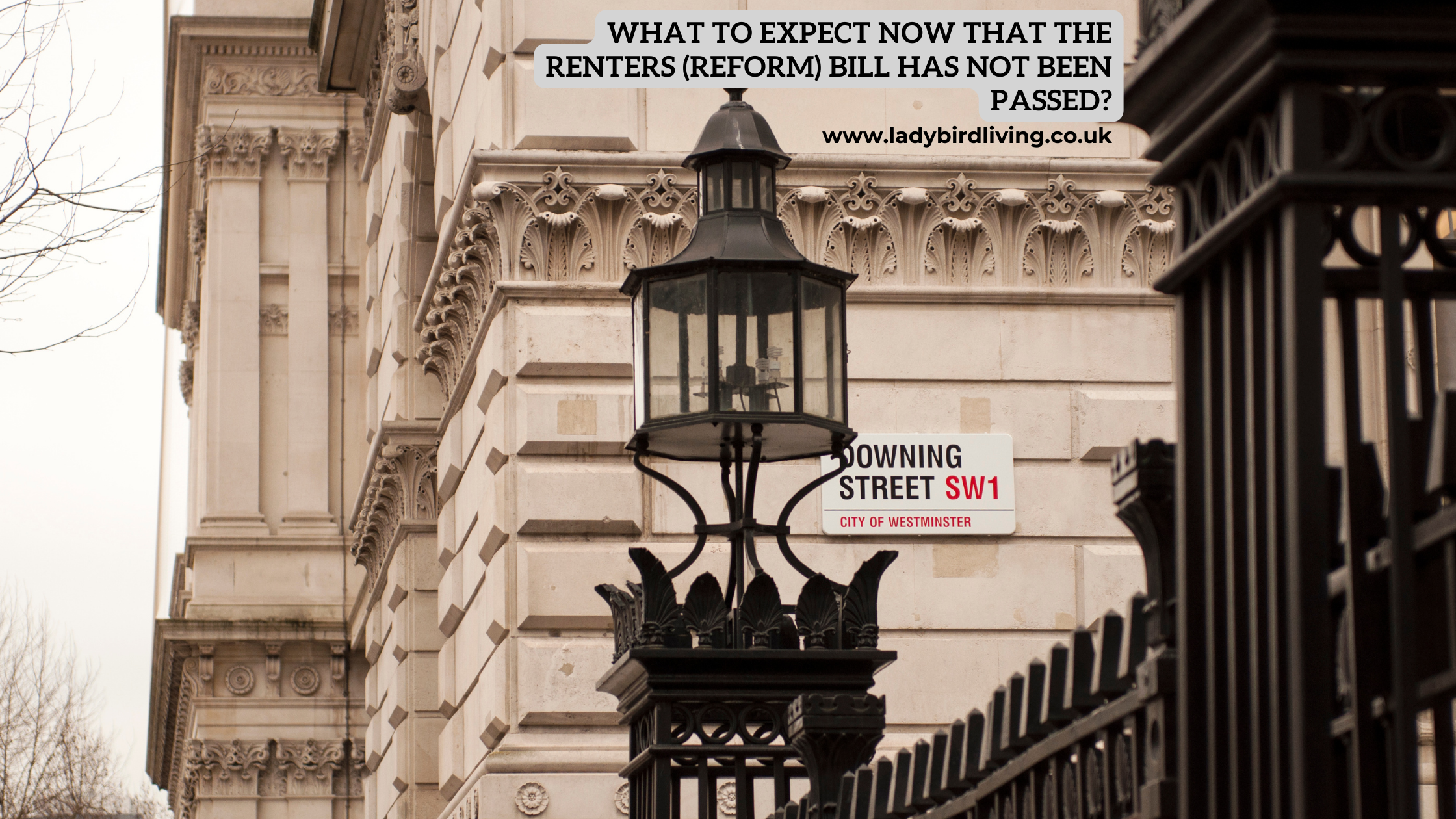
Material information rules in property listings
The National Trading Standards (NTS) has issued guidelines for letting agents and landlords to enhance the disclosure of material information in property listings.
The initial guidance, released in May 2022 as Part A, has been followed by Parts B and C in November 2023. Part A specifications include rent, deposit, and council tax/rates and they must be present on all listings. Additionally, parts B and C must be easily accessible. Every property listed for rent must incorporate material information in all advertisements.
What constitutes material information for a property listing?
For rental properties, material information encompasses details provided by a letting agent that assist a customer in making decisions regarding a property, from scheduling a viewing to submitting an offer or any other aspect of the process.
Material information can be positive or negative, with National Trading Standards emphasising the inclusion of information without avoiding it to deter interest or expedite securing an offer.
Responsibilities of letting agents: Letting agents are required to:
- Actively request material information and property details.
- Conduct verification checks for accuracy, such as consulting with the landlord or checking against HM Land Registry and Local Authority searches.
- Promptly update all property listings and notify interested parties of any changes in material information.
Consequences of nondisclosure:
Material information must be clearly shown on property listings and should not be obscured, unclear, or ambiguous. Failure to disclose material information could make letting agents liable for committing a “misleading omission,” an offense under the Consumer Protection from Unfair Trading Regulations 2008.
Letting agents are encouraged to update listings promptly upon discovering any absence of material information covered by Part A. Consumers are not precluded from filing complaints about incomplete or missing information, as this is already a requirement under the Consumer Protection from Unfair Trading Regulations 2008.
The ultimate goal of NTS is to prevent letting agents and landlords from listing properties on portals without providing the necessary information.
Inclusion of EPC ratings:
To remain compliant, Trading Standards advises letting agents to include Energy Performance Certificate (EPC) ratings on property listings unless exempt.
Material information under Part A: Part A necessitates the inclusion of the following details in property listings:
- Council Tax or domestic rates: Include the council tax band in England, Scotland, and Wales. In Northern Ireland, clarify tenant responsibility for rates.
- Rent: Specify the numerical rent amount with the corresponding time period (e.g., per calendar month).
- Holding deposit: Clearly state if a holding deposit is required, complying with specific requirements in devolved nations.
- Security deposit: Include details of the security deposit, adhering to devolved nation-specific requirements.
Material information under Part B: Part B addresses information about properties that may require maintenance, repair, or insurance cover. It includes:
- Physical characteristics: Accurate descriptions of property type, construction materials, and floor details.
- Number and type(s) of rooms: Clearly list the number and types of rooms, preferably with floor plans.
- Utilities: Specify if bills are included and provide information on electricity, water supply, sewage, heating, broadband, and mobile coverage.
- Parking: Clearly state parking availability, options, permit requirements, and costs.
Material information under Part C: Part C may be necessary depending on property circumstances and may include:
- Building safety: Information on cladding, collapse risk, emergency lighting, and fire/smoke alarm systems.
- Restrictions and rights: Details on lease restrictions, real burdens, covenants, and permissions.
- Flood and erosion risk: Information on past flooding, sources of risk, frequency, coastal erosion risk, etc.
- Planning permission and development proposals.
- Property accessibility and adaptations.
- Coalfield or mining area status.
The information in this post is valid to the best of our knowledge on the date of posting. It is advised that you seek independent advice based on your individual circumstances.
T +44 (0)203 488 1488
Recent Posts






